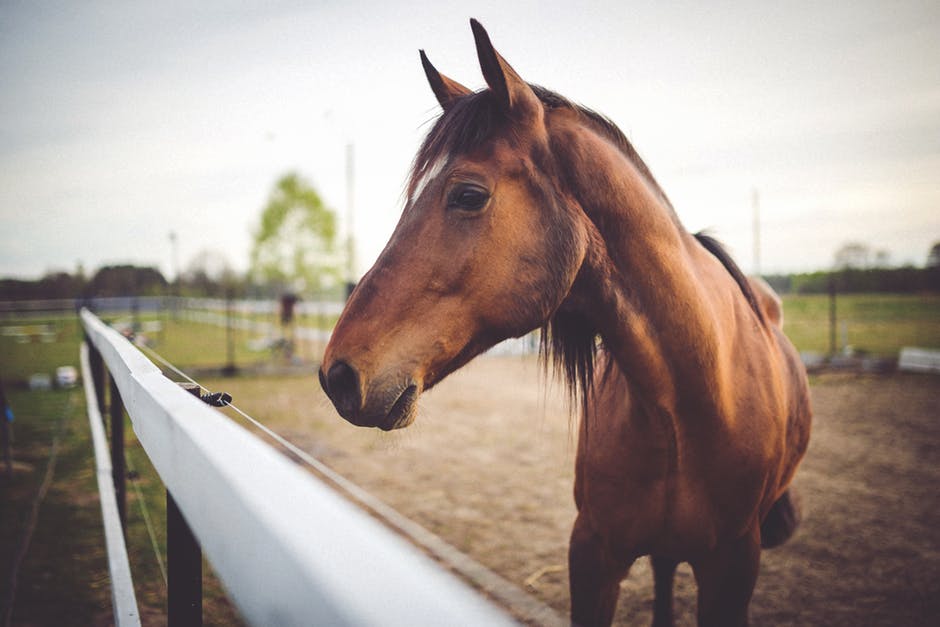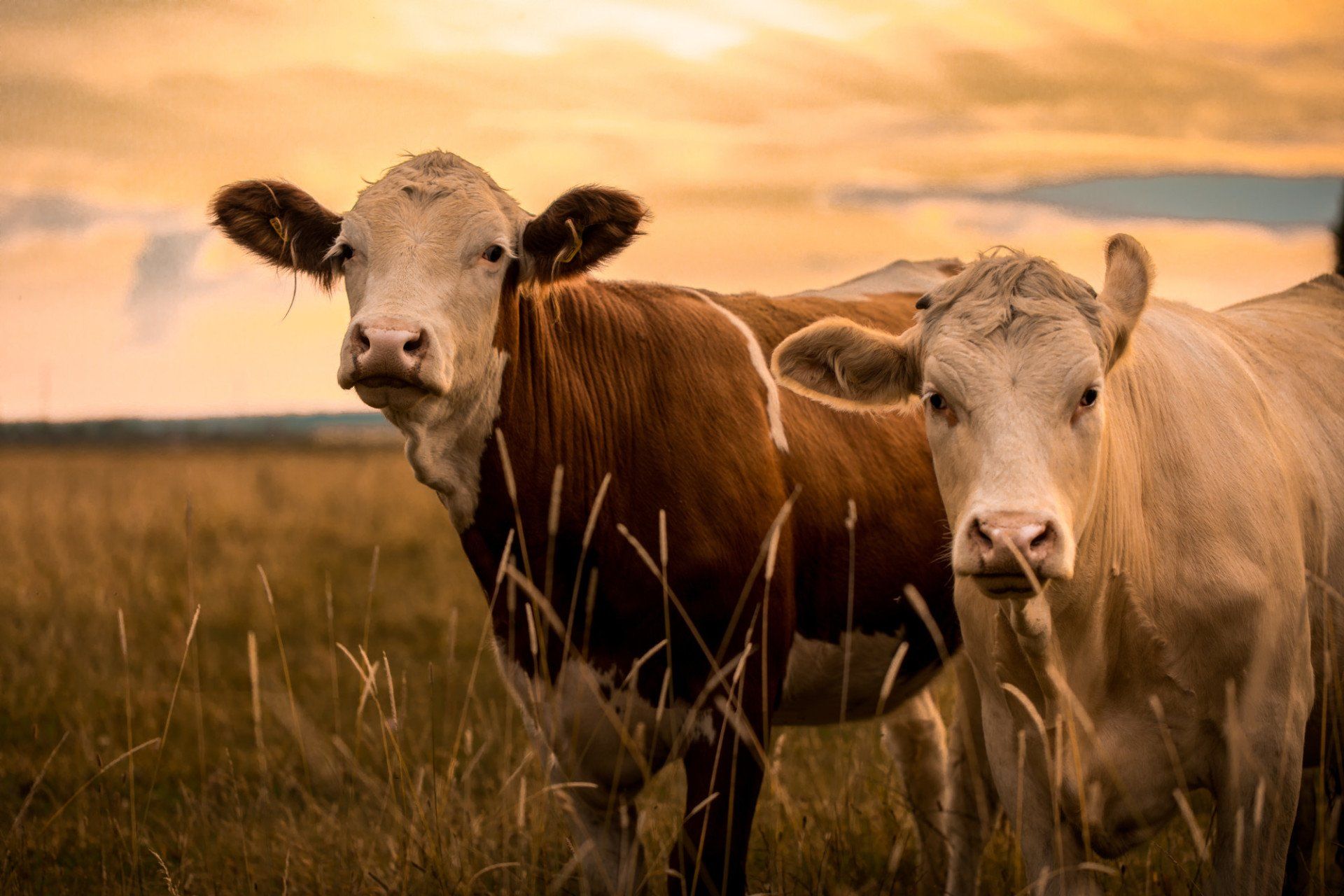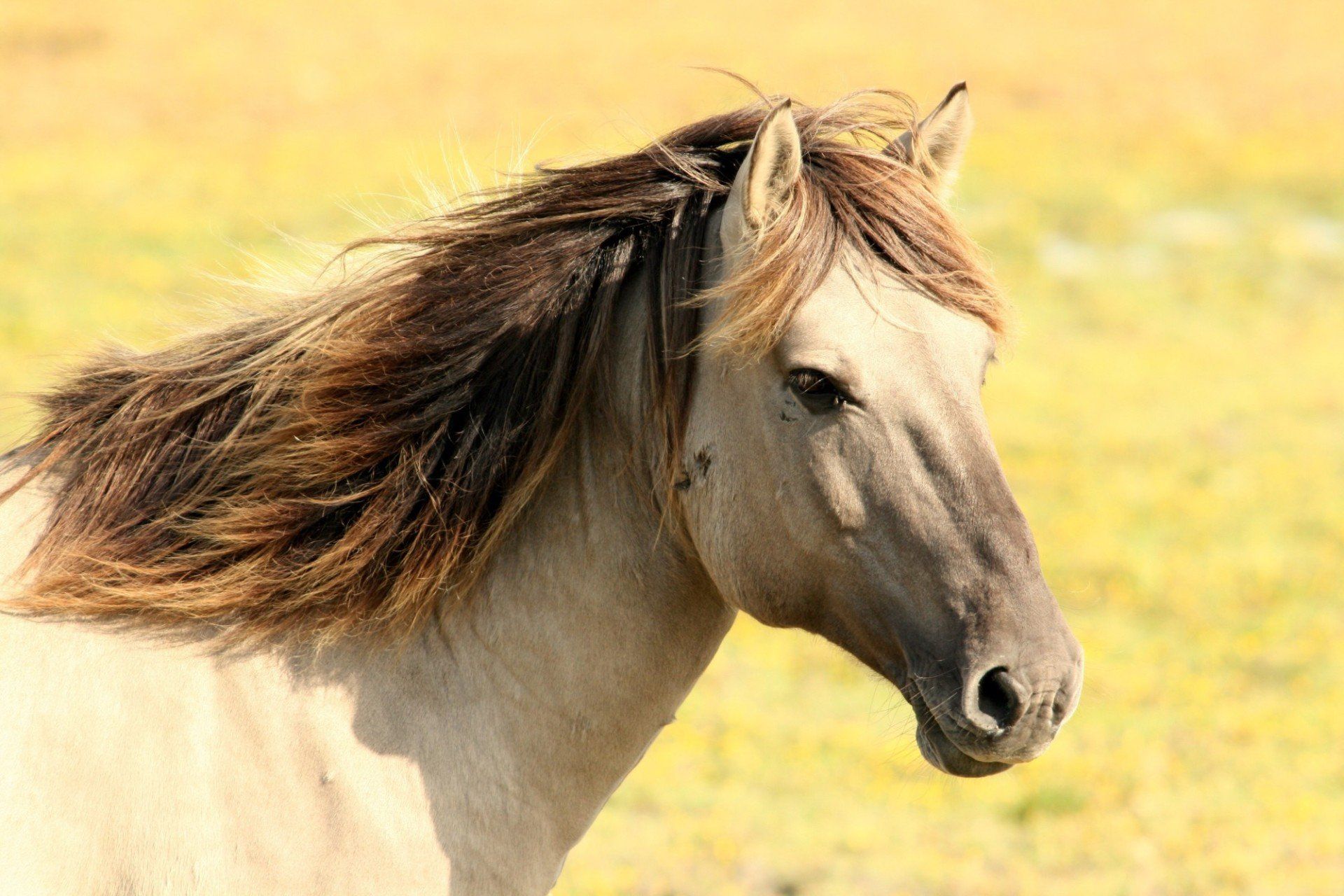5 Essential Things to Know About Horse Insurance
December 27, 2019
Considering buying horse insurance? Making an educated horse insurance purchase requires a lot of thought and research. Check out this guide to learn more.

Whether as a loyal companion or working animal, horses play a vital role in human life.
If you own a horse, you know it’s a lot of work and a major investment. So having horse insurance is important to keep you and them safe and protected.
If you're not familiar with this kind of insurance, read on. You’ll learn five essential things so you and your steed are prepared.
Travel with Horse May be Covered
Many horse owners travel with their animals, whether to a show, rodeo or other special event. If you do, you may be eligible for transient coverage.
This form of horse insurance covers your animal during racing or show season and whenever you transport the horse someplace else. You can opt for short-term transient coverage to keep your horse safe for a defined period of time as you travel.
Alternatively, if you do travel with the horse
frequently, a year-round policy will be better. There is usually a minimum premium involved for this type of coverage, but it can bring you peace of mind whenever you're away from home.
Coverage for Illness and Injury
Horses require special medical care that can be expensive. If your horse becomes ill or is injured, you'll need a quality insurance policy.
This form of insurance helps you save on veterinarian bills as well as medications. It's similar to human health insurance in that it covers part or all of health-related costs.
To treat a horse, a veterinarian who specializes in large livestock is required. That's why basic medical coverage is so important because such services can cost you a pretty penny.
If your horse is seriously ill, you might also be eligible for a “loss-of-use” policy. This coverage reimburses you for around 60 percent of the horse's value if it can no longer work or perform.
You Can Replace a Horse if It Dies
No one wants to think about their horse’s death. Regrettably, that day eventually comes. Mortality insurance can cover the cost to replace your dead horse with a new one.
This form of insurance will cover any cause of death from natural causes to a fatal accident. It can also cover the cost of your horse if it dies in a fire, flood or it’s killed by another animal.
Read all the terms and exclusions carefully since some insurance companies may not want to pay you your horse’s full value. If the animal dies due to human action or negligence, you might not be covered.
To determine the value of your horse, the insurance company looks at things like lineage, the original purchase price and training. A skilled horse may have more replacement value than those without such training.
Other factors could include the age of the horse, its sex and breed. The bottom line is the insurance company decides how much it would cost to buy another horse similar to yours.
Medical Crises, Surgeries Are Costly
Aside from general health coverage, you should also opt for major medical and surgical coverage for your horse. This covers surgeries as a result of an accident, illness or serious injury.
Horses with pre-existing conditions might not qualify, which recalls human health insurance. For example, if the horse struggled with lameness in the past, it may be deemed a pre-existing condition if it’s injured.
In general, this additional coverage helps with medical treatment, wound care and surgeries
not normally be covered otherwise. It’s like a hospitalization policy, where your horse's surgery is paid by insurance. For many horse insurers, major medical and surgery are an addendum to mortality insurance policy.
Protect Yourself With Liability Coverage
Horses can be unpredictable. There's no shortage of incidents where someone gets thrown or kicked. Let's say your horse damages someone's property or it gets loose and causes an accident.
With liability coverage, you protect yourself from a devastating lawsuit. All horse owners should have some form of liability insurance, especially if their horses regularly come in contact with other people.
If the horse injures someone, the liability should help to pay for the injured person's medical costs. Build this type of horse insurance into your budget because no one can afford to face potential lawsuits if they don't have to.
Liability only covers the horse you own. If you transport or care for someone else's horse, they’ll need their own separate liability policy.
Protect Your Equine Companion
From injuries and illness to travel and liability, horse insurance is an essential part of good animal care. Shop the best rates and premiums before you decide which policy you need.
Every insurance company has different terms and conditions, so read the fine print carefully. Once you have your horse insurance, you'll have peace of mind knowing your beloved animal is protected.
Call (800) 826-9441 today for a quote on livestock insurance. Let us insure your most valuable equine possessions.



